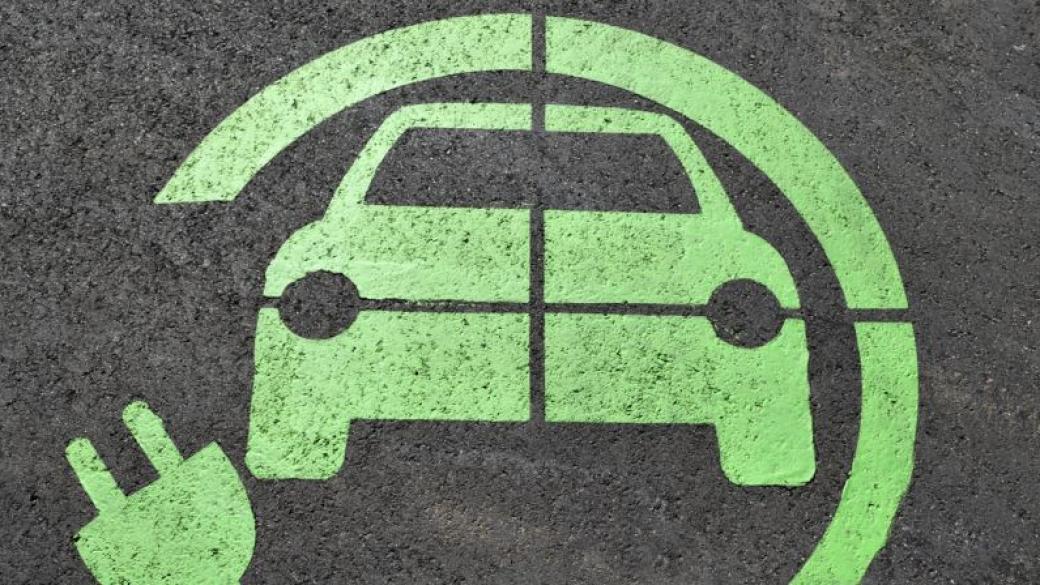Should You Buy an Electric Car?
By Adair Turner

© ECONOMIC.BG / Pixabay
Passenger cars account for only 8% of total global carbon dioxide emissions, and if you charge an electric vehicle (EV) with electricity generated by inefficient coal power plants, the immediate effect will be increased CO2 emissions compared with driving a modern gasoline or diesel car. So it’s important to stress, as Fatih Birol, Executive Director of the International Energy Agency, did at Davos in January, that electric cars alone will not avert catastrophic climate change. But vehicle electrification is nonetheless crucial to reducing emissions. If you care about the climate, the next car you buy should be electric.
Electric motors are inherently more
efficient than internal combustion engines: while a gasoline or diesel engine
typically wastes more than 70% of the energy it uses as unwanted heat, an
electric motor turns all but 5% into kinetic energy. And once battery costs
fall below $100 per kilowatt-hour – which Bloomberg New Energy Finance (BNEF) expects
to occur by 2024 – electric cars will not only be cheaper to run, but also cheaper
to buy. So EVs will eventually dominate – and far sooner than many projections
suggest – whether we care about the climate or not.
Provided the electricity used has a carbon intensity
below about 800 grams per kWh, electric cars reduce carbon emissions. In France
(with average intensity of about 80 grams), the United Kingdom (about 250 grams
and falling fast), the United States (about 400 grams) and even high-carbon
Germany (still around 500 grams), electric cars will undoubtedly reduce
emissions, provided users avoid charging them at times when marginal intensity
is highest.
In China and India, by contrast, with average
electricity carbon intensity around the break-even point of 800 grams, very
rapid EV growth could have an adverse effect initially. But what matters is the
carbon intensity of electricity used throughout the vehicle’s life. The optimal
strategy is therefore to encourage auto electrification while also rapidly
decarbonizing power generation, which the collapsing cost of renewables now
makes possible. As recent reports from the Energy Transitions Commission show,
India could reduce its electricity carbon intensity to 550 grams per kWh by
2030, while doubling electricity consumption – and at no cost to consumers.
Moreover, the potential for transport electrification to
reduce CO2 emissions is far greater than the 8% figure suggests. An
additional 8% of emissions come from trucks and buses, and the future is
electric for these vehicles, too. Here, the pace of electrification will partly
reflect how many people choose to buy electric cars. Massive investments in
battery innovation and manufacturing scale, driven by expected EV purchases, are
delivering cost reductions and energy-density increases which make battery-powered
electric buses and short-haul trucks increasingly competitive. For long-distance
trucking, hydrogen fuel cells may be key to adequate range, but the engines
will be electric, delivering dramatic improvements in urban air quality and reducing
CO2 emissions (if electricity comes from lower-carbon sources).
Battery or hydrogen electric technologies will also play a significant role in
shorter-distance shipping and aviation.
At the same time, battery innovations initially driven
by EV growth will reduce the cost of power decarbonization. BNEF estimates that
battery prices could fall to $62 per kWh by 2030, enabling the utility sector
to deploy total battery systems at less than $150 per kWh, with batteries
providing cost-efficient overnight storage in electricity systems that increasingly
depend on solar and wind sources. That, in turn, will deliver the lower carbon
intensity required to make EVs good for the planet.
Other technologies, apart from electricity, batteries,
and hydrogen fuel cells, are of course vital to reduce emissions. In the harder-to-abate
industrial sectors such as steel, cement, and chemicals, bioenergy sources and
carbon capture will also be required. In aviation, batteries will be far too
heavy to power intercontinental flight unless dramatic and currently
unforeseeable improvements in battery energy density – six times or more – can
be achieved. Synthetic jet fuel produced from low-carbon electricity may become
economic, and biofuels are also likely to play a significant role.
But while a combination of technologies will be
needed, all feasible scenarios for achieving the objectives of the Paris
climate agreement show that a massive increase in the role of electricity is
essential. The recently published Shell “Sky Scenario” estimates that
electricity will account for more than 60% of final energy demand by late this
century, up from around 20% today. If we don’t electrify as much of the economy
as possible, and decarbonize electricity production as rapidly as possible, we
have no hope of avoiding severely harmful climate change.
Of course, EVs come in different types and sizes, and
the bigger the electric car you buy, and the more you show off its superior
acceleration, the greater the danger that the immediate impact of going
electric will be an increase in emissions. Unfortunately, current EV offerings
are skewed toward larger cars and SUVs, with fewer small and mid-size models,
which will eventually deliver the biggest emissions reductions. This reflects
the car companies’ profit incentives, the difficulties of achieving adequate
range with smaller batteries, and the lack of sufficiently widespread charging
infrastructure. But the charging infrastructure can and must be built, and a
wider range of auto sizes will increasingly be available.
So, if you care about the climate, your next car
should be electric, preferably a size or two smaller than the one you first
thought about. And to ensure that you really are helping to save the planet, you
should combine your personal purchase decision with political support for
policies to drive rapid electricity decarbonization and investment in widespread
charging infrastructure. Buying EVs alone cannot save the planet, but doing so
is a powerful lever for the broader changes that can.
Adair Turner, Chairman of the Institute
for New Economic Thinking and former Chairman of the UK Financial Services
Authority, is Chair of the Energy Transitions Commission.
Copyright: Project Syndicate, 2019.

















